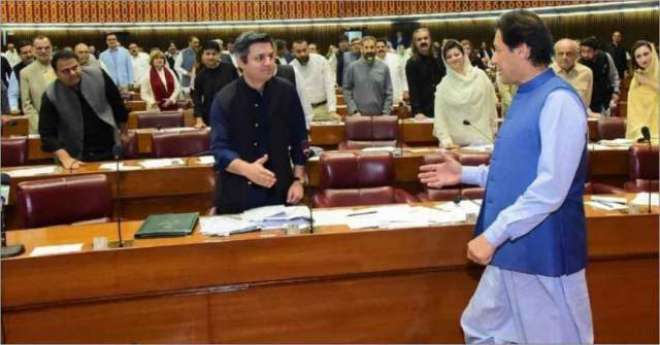Youth urged to adapt Quaid's principles to regain past glory
- September 15, 2013, 3:53 pm
- Education News
- 315 Views
ISLAMABAD, Sep 15 (APP): Youth must follow founder of Pakistan Quaid-e-Azam Muhammad Ali Jinnah's principles of `Unity, Faith and
Discipline to make the country Islamic, democratic and welfare state.
This was stated by prominent worker of Pakistan Movement, vice
president Pakistan Muslim League, Functional (PML-F), Col (Retd)
Raja Sultan Zahoor Akhtar Kiani.
Talking to APP he urged students to follow Pakistan Movement
veterans so that Pakistan could be transformed into an Islamic
state.
He said under the seven years epoch-making leadership of
Quaid-i-Azam Mohammad Ali Jinnah, Pakistan was achieved for Muslim
of this region.
"Unfortunately, we could not make it an ideal Islamic State as
visualized by Quaid and Allama Iqbal", he added.
Sultan Zahoor said that the creation of Pakistan is based on the
two-nation theory.
Quaid-e-Azam was a great leader who united the people to realize the
dream of Allama Iqbal.
He observed that Quaid-i-Azam loved children and termed them as pearls and diamonds.
He urged the new generation to follow the footsteps of Quaid-e-
Azam and put the country on the path of progress and prosperity.
Paying tribute to the services of great leader, Raja said that,
Father of the Nation, with his dynamic political insight defeated
British and Hindus on ideological basis and got a separate homeland
for the Muslims.
Sultan further said that after the death of Father of the
Nation, his unfaithful successors deviated from his path and turned
Pakistan into a playfield of civil and military dictators.
Sultan Emphasized that Quaid-i-Azam was fully conscious of the role which students played in the past and could play in the future.
"Pakistan is proud of its youth, particularly the students who
have always been in the forefront in the hour of trial and need" he
added.
He hoped that education and litracy could only inspire the
Pakistani youth to rise above provincial, linguistic and sectarian
problems.










